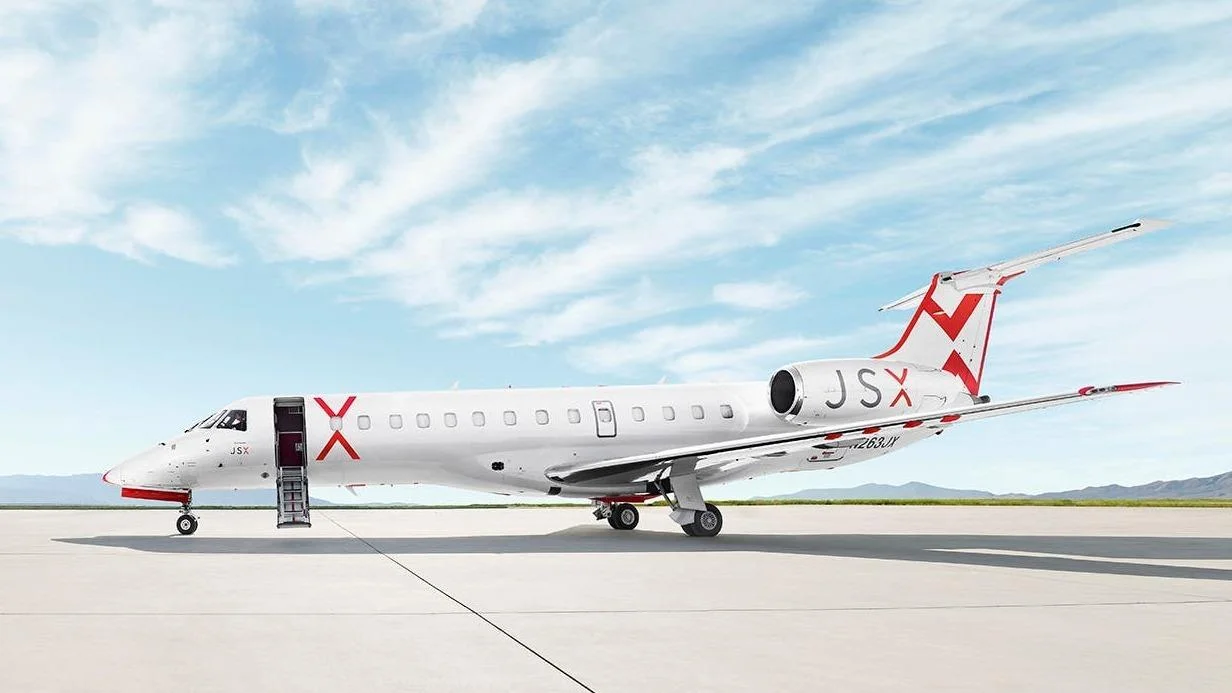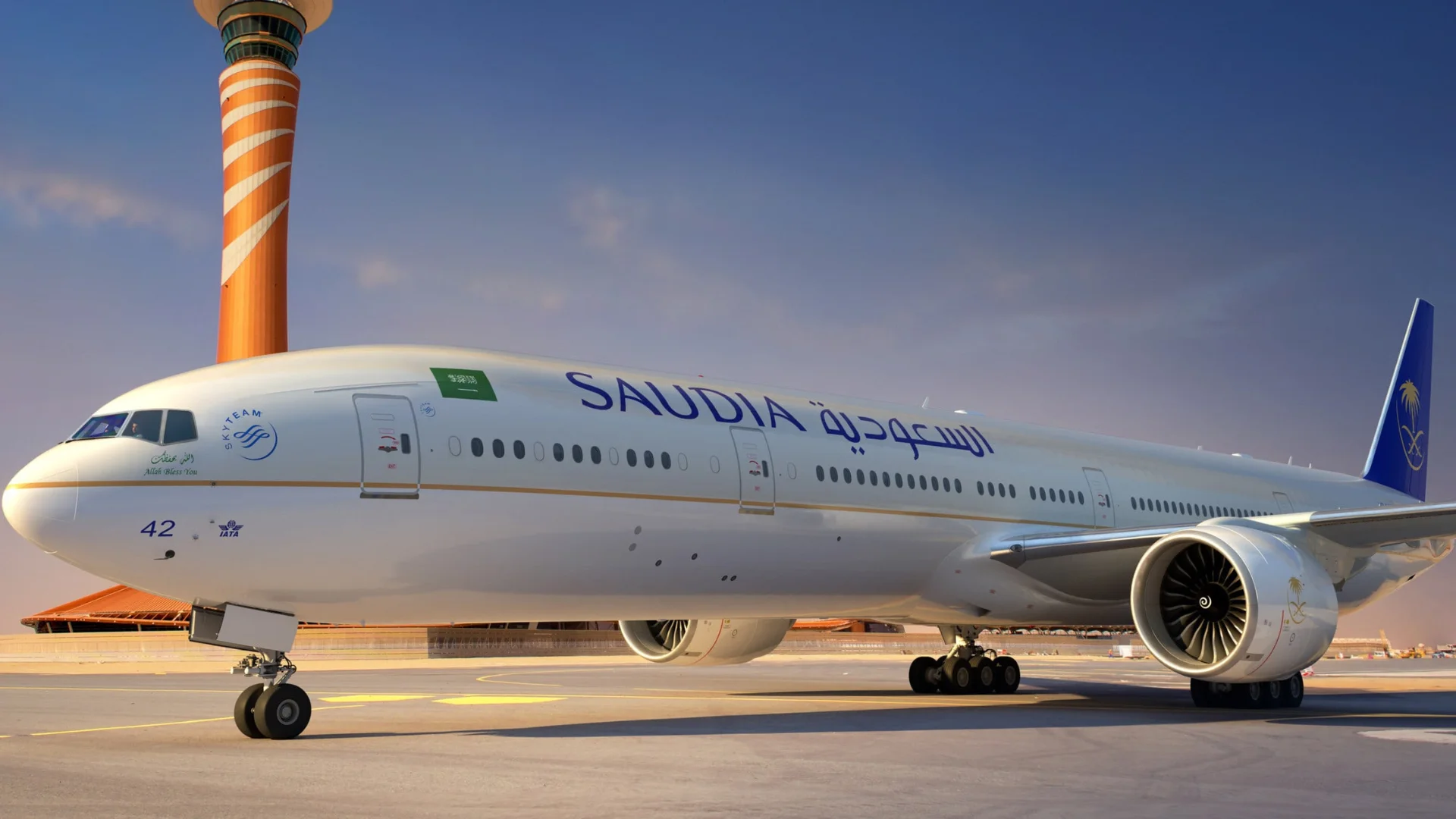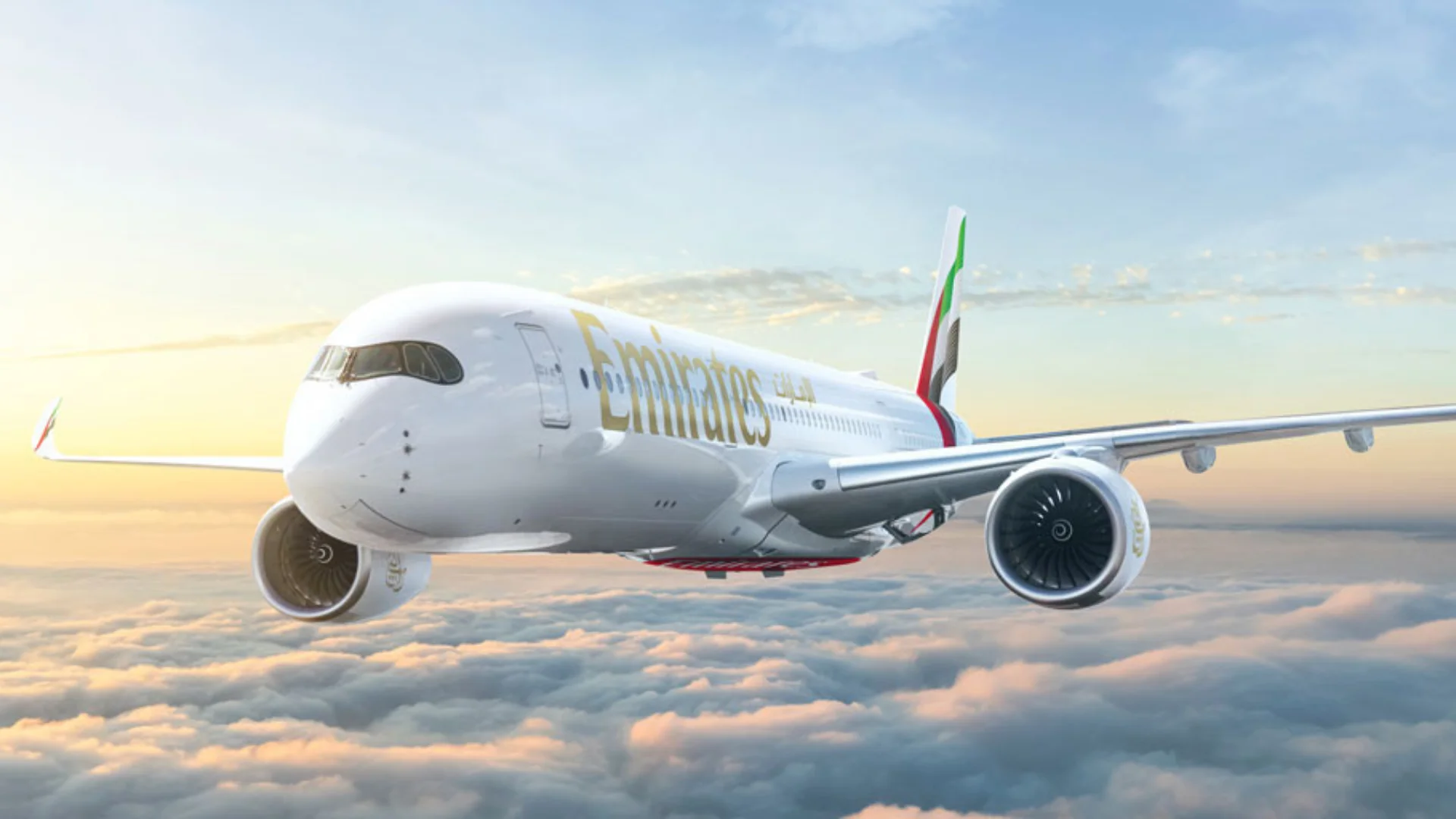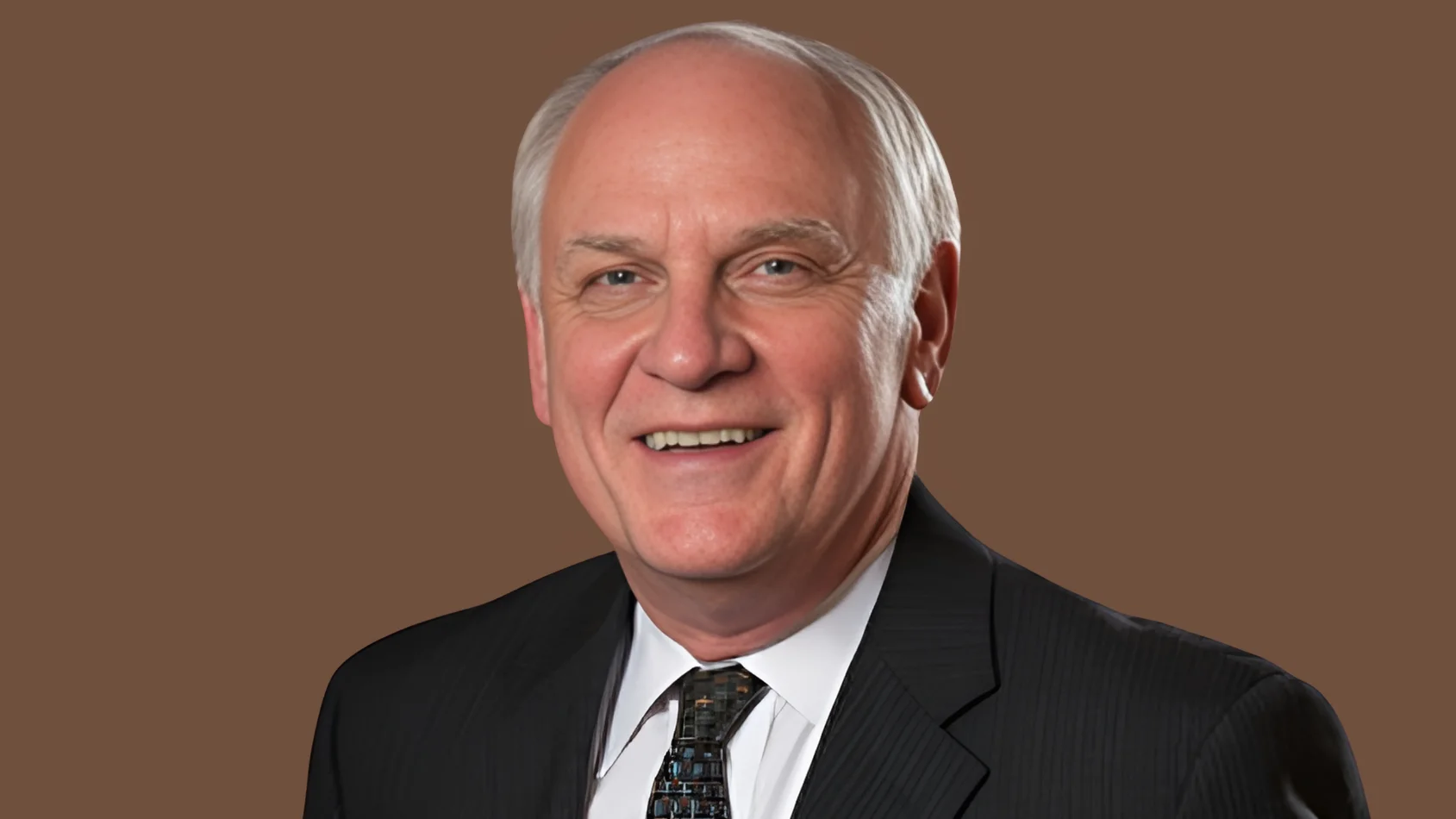The European Union is taking significant steps to address climate change with its legally binding requirements for industries, aiming for climate neutrality by 2050. The European Green Deal targets a reduction of at least 55% in net greenhouse gas emissions by 2030 compared to 1990 levels. A key part of this initiative is the ReFuelEU policy, which mandates that sustainable aviation fuels (SAF) must constitute at least 2% of total aircraft fuel from next year, increasing incrementally to 70% by 2050.
This regulation applies across the European Economic Area and requires fuel suppliers to provide SAF blends. Airlines are obliged to refuel at least 90% of their required volume at EEA airports annually to prevent purchasing cheaper fuel outside the region.
Airlines have expressed mixed feelings about these mandates. Luis Gallego, CEO of International Airlines Group, stated: “It’s not that we don’t want to comply, we want to comply.” However, he noted that most SAF investments are in the U.S., questioning the feasibility of meeting the EU's requirements. Air France-KLM CEO Ben Smith pointed out competitive disadvantages due to differing regulatory burdens worldwide.
 Alerts Sign-up
Alerts Sign-up








